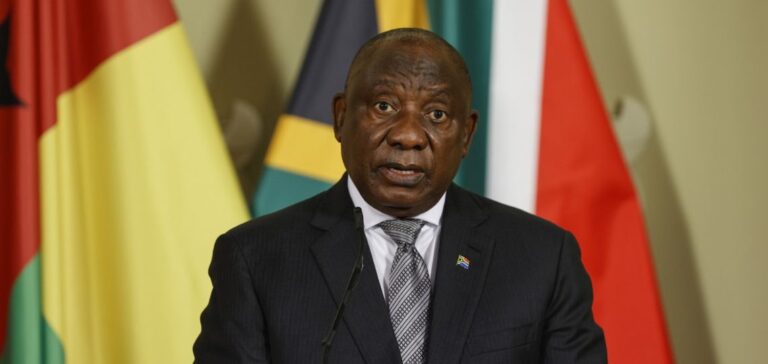South Africa’s Minister of Energy, Kgosientsho Ramokgopa, recently announced a significant acceleration in the transition to renewable energies. This decision marks a major strategic shift, contrasting with the policies of his predecessor, Gwede Mantashe. This initiative aims to strengthen South Africa’s position in the global energy market.
Strategic Change
Kgosientsho Ramokgopa affirmed his intention to promote exponential growth in renewable energies. At a press conference in Pretoria, he explained that the new direction was intended to attract investors and signal South Africa’s firm commitment to this transition. The country, dependent on coal-fired power stations run by Eskom, is one of the world’s biggest emitters of greenhouse gases, according to Climate Transparency.
Breaking with previous policies
Under Gwede Mantashe, South Africa had adopted a cautious approach to renewable energies, favoring continuity with coal for reasons of energy security. President Cyril Ramaphosa’s appointment of Ramokgopa to head the Ministry of Energy and Power is seen as an effort to decouple energy policy from coal, thus fostering a more stable investment environment.
South Africa has considerable renewable energy potential, thanks in particular to its vast desert areas and windy coastline. However, political uncertainty and past decisions have often discouraged investment in this sector. Ramokgopa acknowledged the delays in the energy transition and stressed the importance of meeting economic players to identify and remove obstacles to their participation.
Economic implications
Accelerating the energy transition could offer significant economic benefits. A clear policy and the right incentives could attract massive investment, stimulate economic growth and create new jobs in the renewable energy sector. Ramokgopa insisted that South Africa has the opportunity to become a continental leader in renewable energies.
The change of direction initiated by Kgosientsho Ramokgopa represents a major opportunity for South Africa’s energy sector. By focusing on rapid growth in renewable energies, the country could not only improve its energy security but also strengthen its position on the global market. The next few months will be crucial in determining the impact of these new policies on investment and economic development.






















